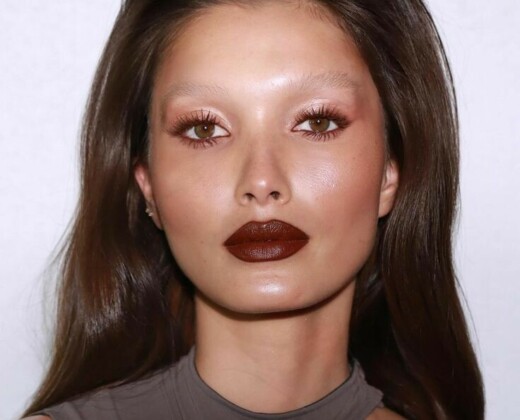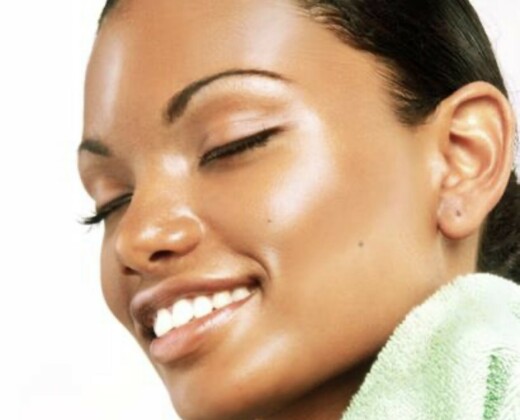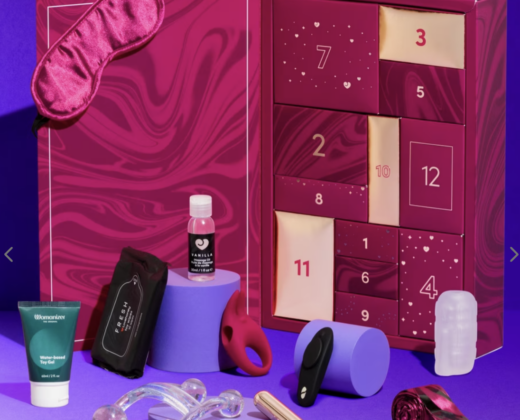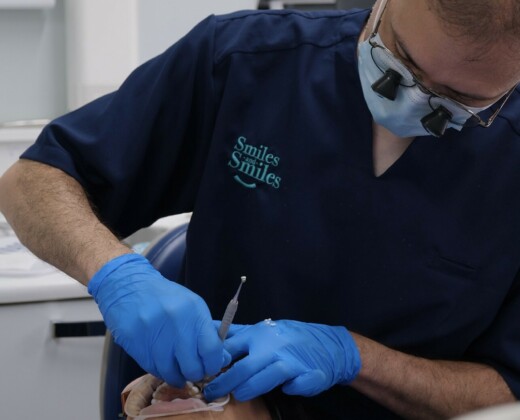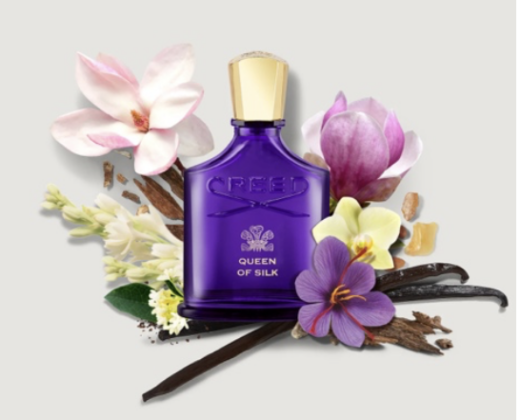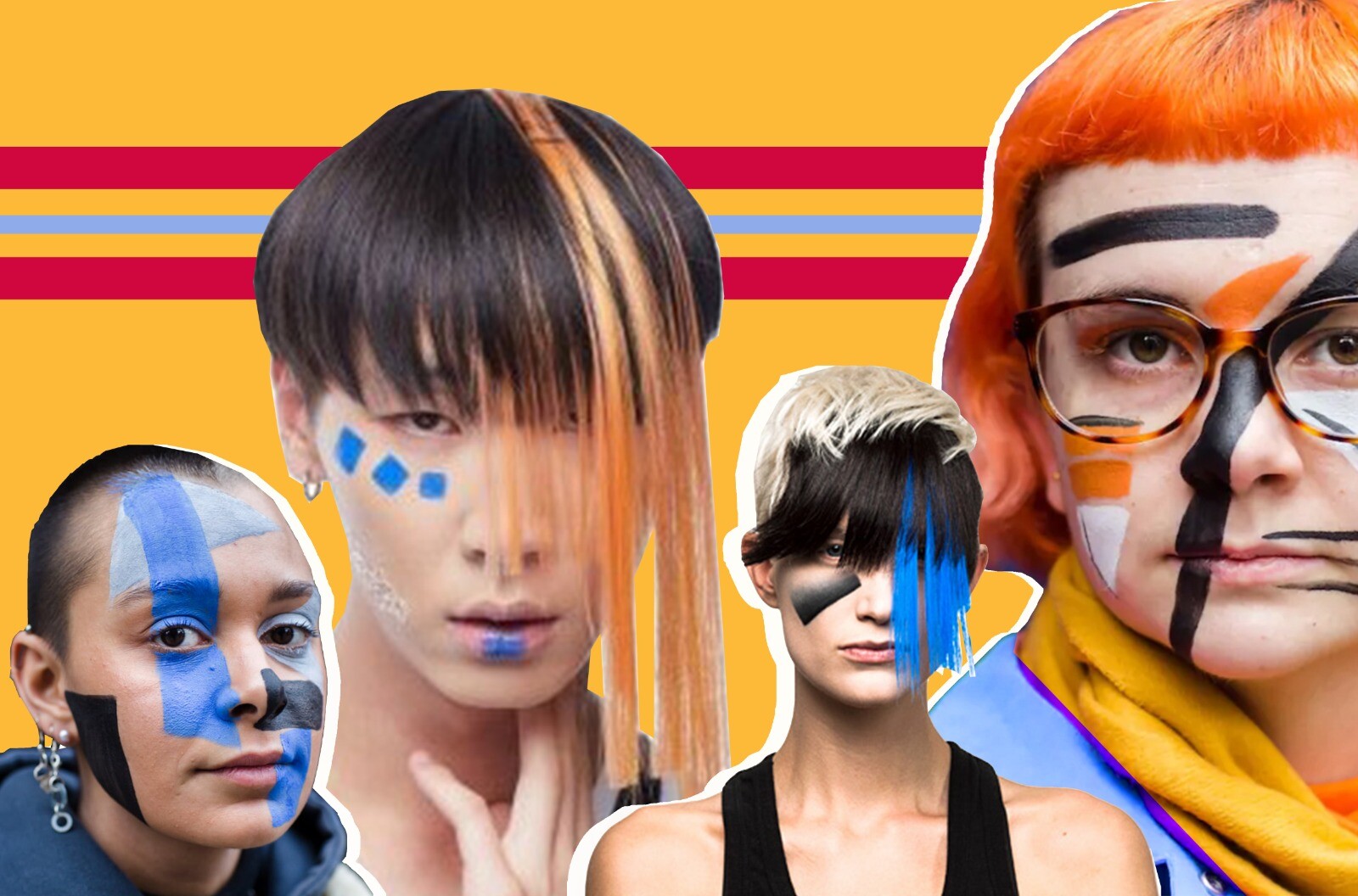
Serious question. Have you ever walked down the street to experience the chilling feeling that you’re being watched? Well, hate to break it to you, you probably are.
Since the Metropolitan police announced that live facial recognition cameras will be used on London streets, many “anti-face” activists have been getting creative to work against the issue of involuntary identification.
Between 2014 and 2018, the accuracy in facial technology has seen a 20X increase with more and more demand for it every year. Everything from unlocking a phone, to identifying a shoplifter, facial recognition is literally everywhere you go. And, particularly in recent times, it’s even being used to identify protestors.
Since thousands have been taking part in protests against police brutality in support of the Black Lives Matter movement, the topic of ‘anti-surveillance’ makeup has become of huge interest. Essentially, it’s the technique of applying makeup to try and trick artificial intelligence systems and to stop Big Brother from keeping his eye on you!
But what’s the point? Well, last year an independent study found that 81% of people arrested under the London Metro Police facial recognition system were innocent. Meaning, the system is errored. So, to prevent these false accusations, activists have been designing products to beat the system.
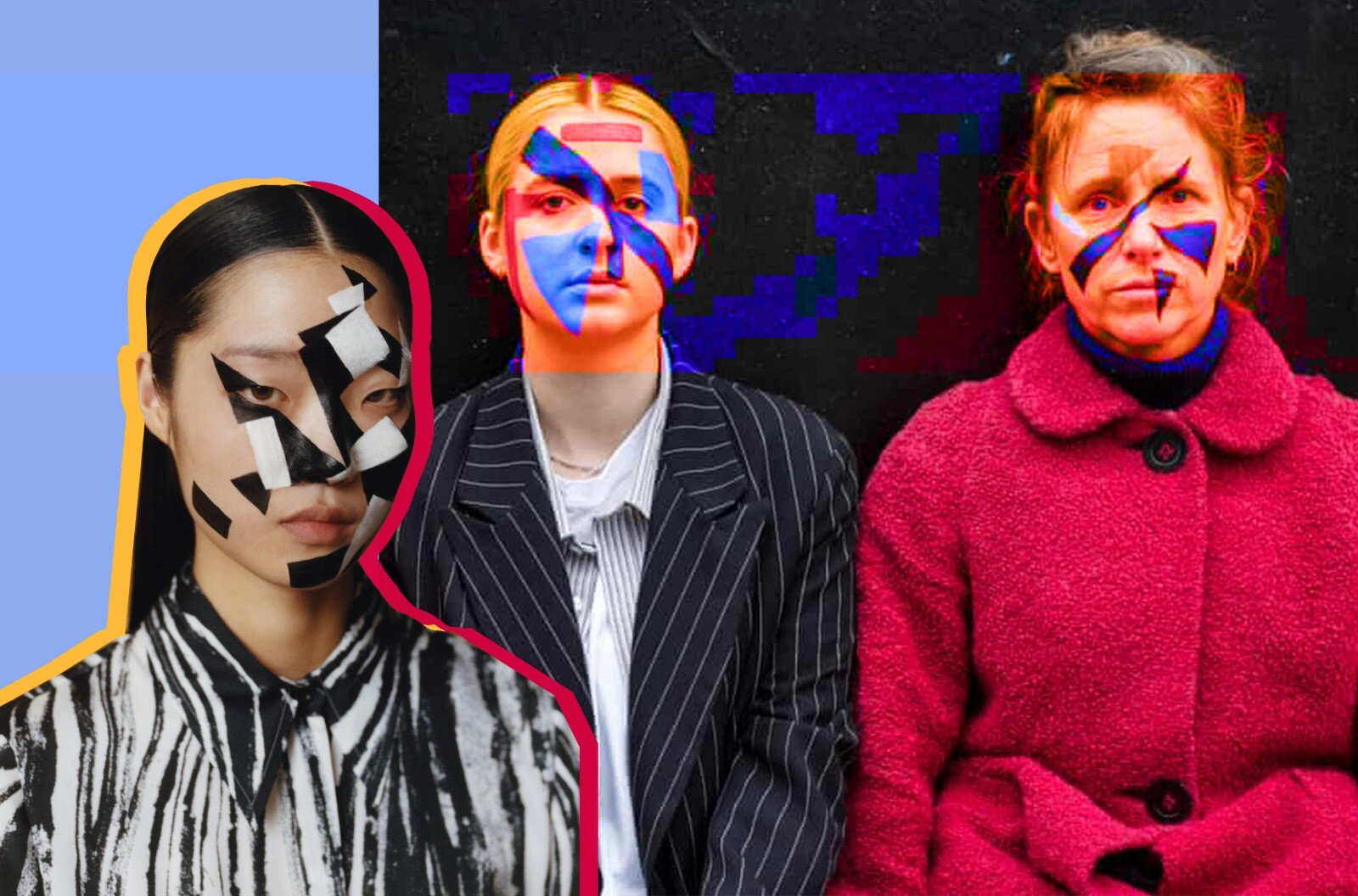
So, who’re the brains? Way back in 2010, Adam Harvey, designer of anti-surveillance fashion, designed a line of anti-drone hijabs and hoodies, which contained certain reflective fabrics to counterbalance thermal surveillance. The project was named Computer Vision Dazzle (aka, C.V Dazzle, or facial dazzle as people are calling it) and looked at how artificial facial shapes, pigments and patterns can be used as a form of camouflage to prevent face recognition technology. Madness, right?
In an interview with Vogue, Sasan Mahmoodi, a lecturer at the University of Southampton said: “If you add man-made objects to the face, like makeup, to produce more edges on faces, then this might create problems for surveillance systems, and obviously the recognition rate might be negatively and dramatically affected.”
Similarly, Polish designer Ewa Nowak’s designed a brass mask, a type of metal jewellery that distorts your face. Think, a form of sunglass that comes with its own anti-algorithm blocker.
She started her project, Incognito, under her own nervousness about who exactly is watching you when you’re on your laptop or phone. I mean, who’s to blame her. We’ve all covered our laptop camera at least once in our lifetime, right?
These techniques have been picked up by many privacy campaigners, including the Dazzle Club, who wear anti-surveillance makeup in silent protest against facial recognition cameras. Yep, they may get a lot of stares on the street, but at least it’s not from the cameras! None the less, all these efforts are to raise awareness around one simple question. Is involuntary identification ethical?
Words by Clare Stephenson
Graphics by Katie Janes


